FMP

Farfetch Limited
FTCH
NYSE
Inactive Equity
Farfetch Limited, together with its subsidiaries, provides an online marketplace for luxury fashion goods in the United States, the United Kingdom, and internationally. It operates through three segments: Digital Platform, Brand Platform, and In-Store. The company operates Farfetch.com, an online marketplace, as well as Farfetch app for retailers and brands. It also offers web design, build, development, and retail distribution solutions for retailers and brands. As of December 31, 2021, operates two Browns retail stores; two Stadium Goods retail stores; and twelve New Guards Off-White stores, as well as three Ambush stores, two Palm Angels stores, and three Off-White outlets. In addition, it operates approximately sixty New Guards franchised retail stores and four seasonal stores under various brands. Farfetch Limited was founded in 2007 and is headquartered in London, the United Kingdom.
0.643 USD
-0.0983 (-15.29%)
DuPont Analysis
The DuPont analysis, pioneered by the DuPont Corporation, offers a structured approach to assessing fundamental performance. It involves breaking down the return on equity (ROE) into various components, aiding investors in comprehending the factors influencing a company's returns.
ROE = Net Income / Average Total Equity
ROE = (Net Income / Sales) * (Revenue / Average Total Assets) * (Average Total Assets / Average Total Equity)
The company's tax burden is (Net income ÷ Pretax profit). This is the proportion of the company's profits retained after paying income taxes. [NI/EBT] The company's interest burden is (Pretax income ÷ EBIT). This will be 1.00 for a firm with no debt or financial leverage. [EBT/EBIT] The company's operating income margin or return on sales (ROS) is (EBIT ÷ Revenue). This is the operating income per dollar of sales. [EBIT/Revenue] The company's asset turnover (ATO) is (Revenue ÷ Average Total Assets). The company's equity multiplier is (Average Total Assets ÷ Average Total Equity). This is a measure of financial leverage. Profitability (measured by profit margin) Asset efficiency (measured by asset turnover) Financial leverage (measured by equity multiplier)